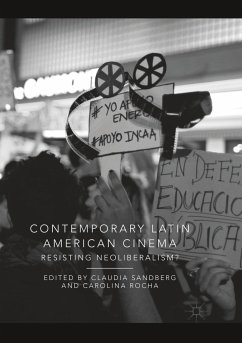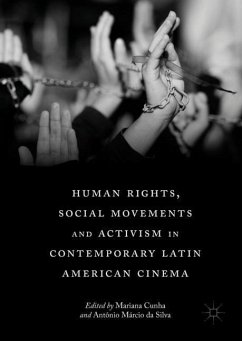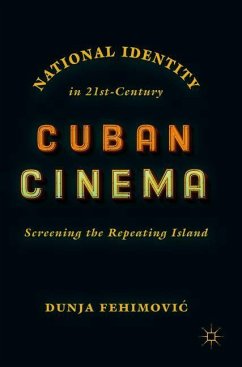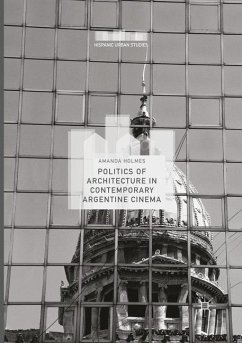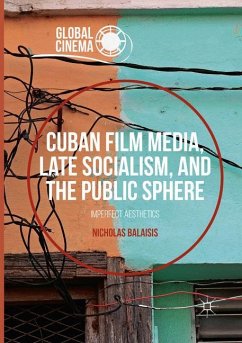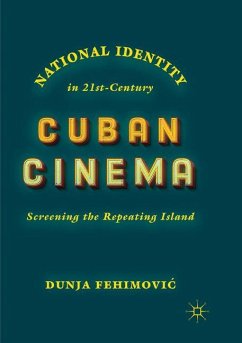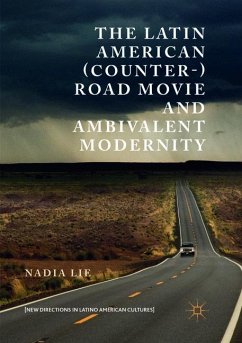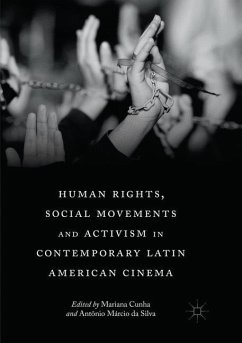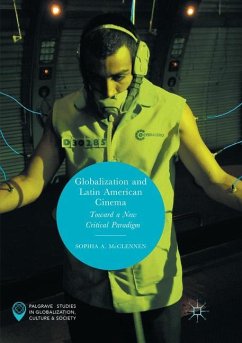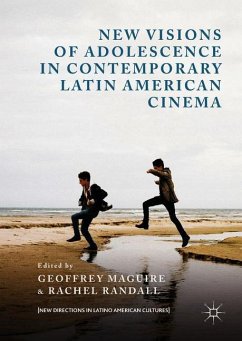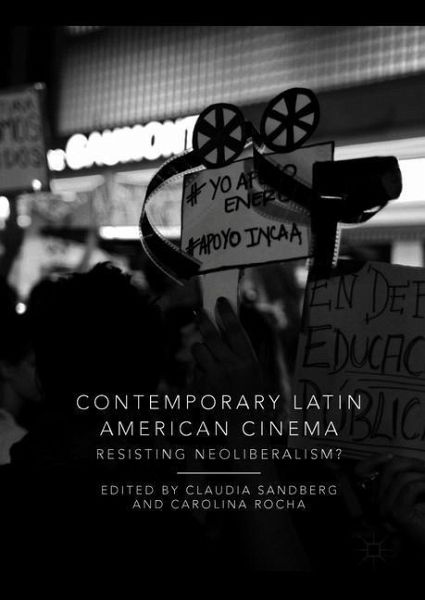
Contemporary Latin American Cinema
Resisting Neoliberalism?
Herausgegeben: Sandberg, Claudia; Rocha, Carolina

PAYBACK Punkte
42 °P sammeln!
Contemporary Latin American Cinema investigates the ways in which neoliberal measures of privatization, de-regularization and austerity introduced in Latin America during the 1990s have impacted film production and film narratives. The collection examines the relationship between economic policies and the films that depict recent transformations in many Latin American countries, demonstrating how contemporary Latin American film has not only criticized and resisted, but also benefitted from neoliberal advancements. Based on films produced in Argentina, Bolivia, Brazil, Chile, Colombia, Ecuador...
Contemporary Latin American Cinema investigates the ways in which neoliberal measures of privatization, de-regularization and austerity introduced in Latin America during the 1990s have impacted film production and film narratives. The collection examines the relationship between economic policies and the films that depict recent transformations in many Latin American countries, demonstrating how contemporary Latin American film has not only criticized and resisted, but also benefitted from neoliberal advancements. Based on films produced in Argentina, Bolivia, Brazil, Chile, Colombia, Ecuador, Mexico and Peru since 2010, the fourteen case studies illustrate neoliberalism's effects, from big industries to small national cinemas. It also shows the new types of producers that have emerged, and the novel patterns of distribution, exhibition and consumption that shape and influence the Latin American filmscape. Through industry studies, reception analyses and close readings, thisbook establishes an informative and accessible text for scholars and students alike.





